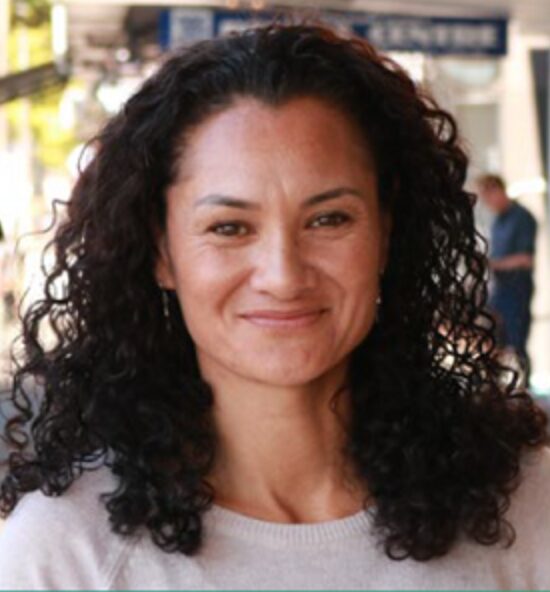Waikato Regional Council will continue to have 14 elected members, but an extension to the boundary for one constituency is being proposed to ensure balanced representation, the Council announced today.
The Council is required to review its representation arrangements every six years, with the last review conducted in 2018 for the subsequent elections in 2019 and 2022.

Pou Tūhono Mali Ahipene (pictured, right) told councillors at their April meeting that electoral population statistics indicated non-compliance with fair representation guidelines for the Waihou general constituency, which currently has two elected members.
“The current arrangements have served the council and its communities well for the past decade. However, based on the latest electoral population statistics, the Waihou general constituency is over-represented when the +/- 10 per cent rule is applied,” she said.
“To address this, we must explore options to achieve balanced representation, considering factors like community interests, demographic trends and effective representation.”
The Waihou constituency comprises the entirety of the South Waikato and Matamata-Piako districts, Arahiwi (a small area within the Rotorua Lakes district) and part of the Hauraki district.
Councillors voted 11-1 to modify the boundary of the Waihou constituency to include the Waihi and Paeroa rural areas – currently in the Thames-Coromandel constituency – to meet the requirements for fair representation.
Public consultation on the proposal will begin in May, followed by hearings and then a final determination within two months of submissions closing.
In discussion, some councillors expressed frustration that their decision-making would be based on electoral population data derived from the 2018 census. Councillors heard relevant census data from Statistics New Zealand would not be available until later this year – outside the statutory timeframes for decision making.
Council Chair, Pamela Storey said it was important to councillors that another representation review be undertaken as soon as legislatively possible.
“Councillors agreed that other constituencies may face similar issues of fairness in the coming years due to population growth and shift,” said Cr Storey.
“While detailed 2023 census data won’t be available until after the current representation review, we will revisit arrangements in 2027, which is earlier than the mandated timeframe. This will allow better alignment with insights from the census data.”



